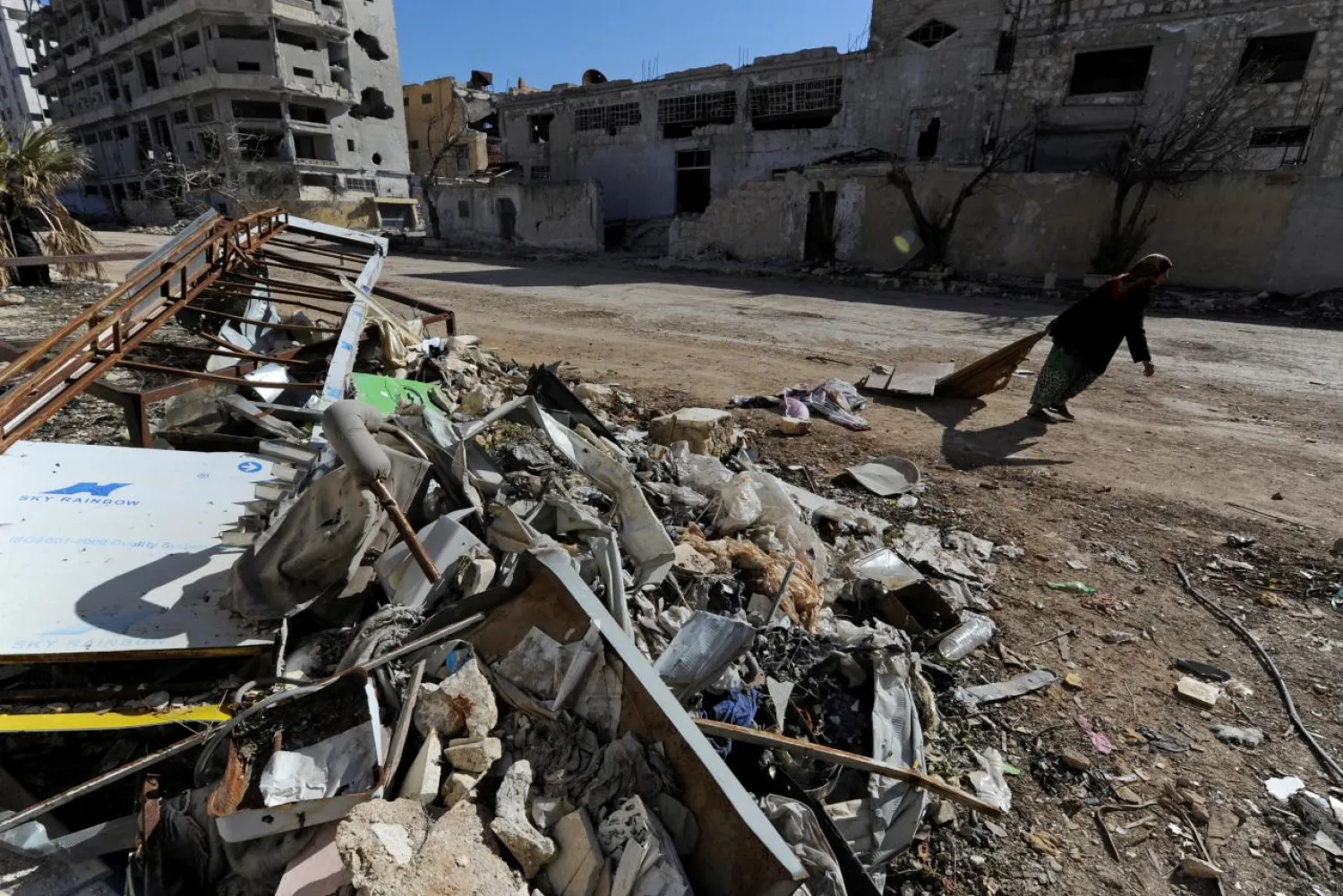Syrian opposition factions that are classified as "moderate" fear the efforts of rapprochement with Hay'at Tahrir al-Sham, in which “Nusra Front” represents its backbone in north Syria, according to a senior opposition source.
They believe that the move makes all factions look like al-Qaeda and paves the way for Russia to attack them under the pretext of fighting terrorism, the senior added.
Some of the moderate opposition groups are moving in a step towards rapprochement with Hay'at Tahrir al-Sham in light of battles between the two sides against the forces of the Syrian regime and its allies on the one hand and ISIS on the other hand in the countryside of southern Aleppo, eastern Idlib and northeast Hama.
This rapprochement among the parties has reached the point of field engagement in joint operations to repel the attacks that have raged for nearly two months now.
A leading source in one of the moderate factions in the north told Asharq Al-Awsat that the move to unite now "represents a very sensitive turn at the level of alliances," pointing out that a similar process "would present these factions as part of al-Qaeda, giving Russia an excuse to bomb Idlib and areas controlled by opposition forces in the vicinity.”
The steps to unite have "begun two months ago, with the beginning of the regime operations in the countryside of Hama, where it is trying to expand towards the countryside of Idlib,” the source said.
He explained that forces of Nusra Front were able to survive because they are local fighters in that area, but when the battles and the progress of the regime expanded, Nusra Front asked for support.
At the beginning, opposition factions did not respond until two factions, Jaysh al-Izza and the Free Army of Idlib, responded at a later stage, and were able to repel the attacks in the village of Rasm al-Hamam, the source added.
He said that these developments on ground proved that Hay'at Tahrir al-Sham can not fight the battles alone and without support, forcing its leader Abu Muhammad al-Julani to communicate with the leaders of the factions, and he released leaders of the moderate factions who were arrested in an attempt to get closer to them.









